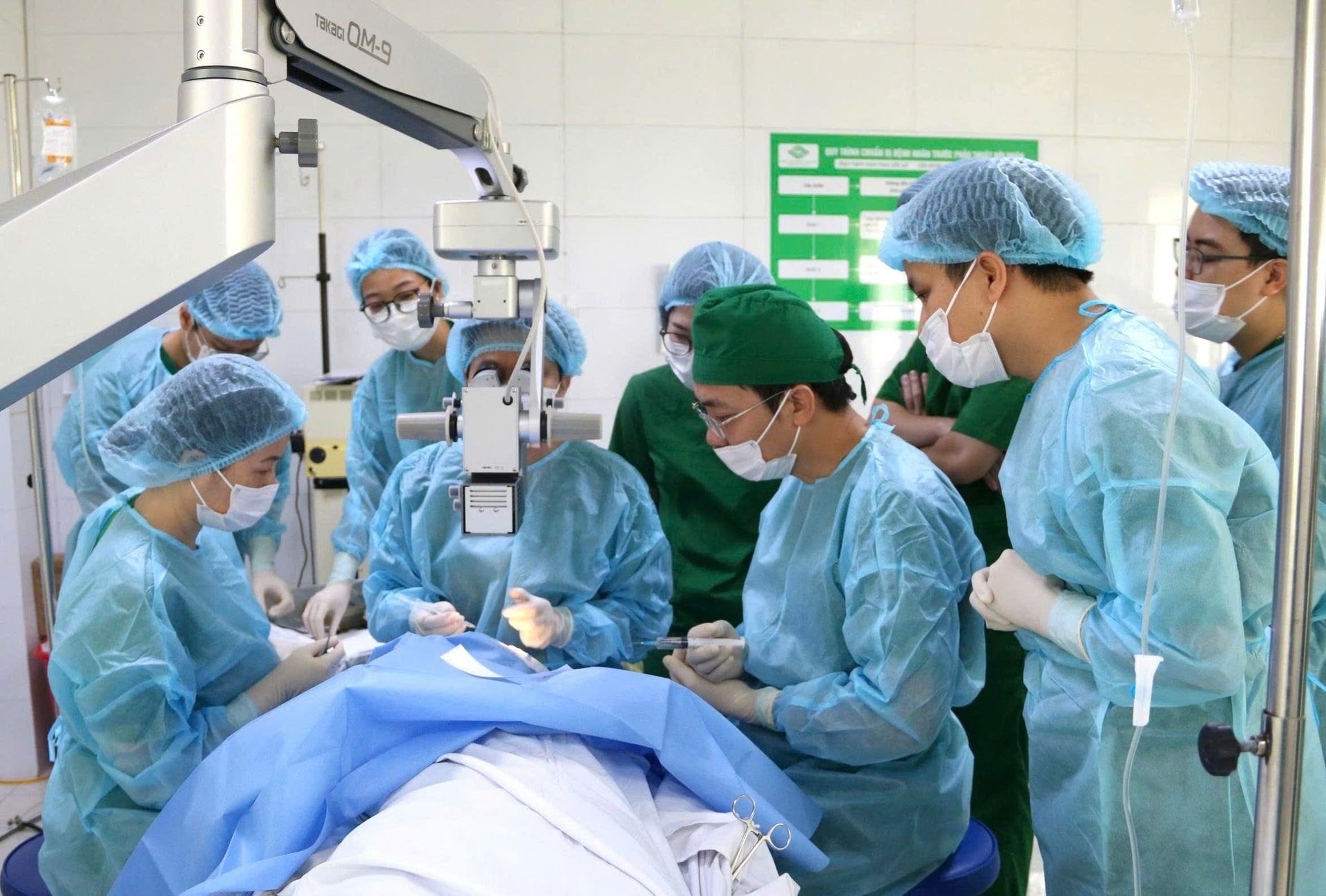A short 20-30 minute nap can improve mood, enhance cognitive performance and increase alertness in the afternoon.
Many people often skip lunch breaks to have more time to work. However, according to scientists , napping is a way to combat sleep deprivation in some people and brings significant benefits to the brain.
Larger brain volume
A 2023 study by the University of the Republic (Uruguay), University College London (UK) and Harvard Medical School (USA) on about 39,000 people, average age 57, showed that people who take regular naps are associated with larger total brain volume. Their brains are also 2.6-6.5 years younger than the brains of people who do not regularly take naps.
According to the study authors, our brains naturally shrink as we age, but this process occurs more rapidly in people with neurodegenerative diseases and cognitive decline.
Improve performance
Napping can improve learning and performance. Many studies have shown that napping during the day can enhance the function of the hippocampus, an area important for memory formation and information retention.
Napping also allows brain regions to recover, which may prevent instability in their networks.

A short nap in the middle of the day can help you stay alert and remember better in the afternoon. Photo: Freepik
Good for people with lack of sleep
Adults need about eight hours of sleep a night, but many surveys show that most of us often get less than this. For people who are sleep deprived, naps can be beneficial because they help compensate for sleep deprivation, leading to increased energy levels and cognitive performance.
comfortable mood
A short nap during the afternoon reduces stress hormone levels, promotes relaxation, and helps regulate cortisol levels in the body. A 2023 study from the National University of Singapore found that a 10- to 60-minute nap improved positive mood and reduced sleepiness for up to four hours afterward.
Increase memory capacity
Cognitive decline significantly increases the risk of dependence and poor quality of life in older adults. A 2017 study of nearly 3,000 people in China aged 65 and older by Johns Hopkins University in the US found that people who napped for 30 to 90 minutes had better word recall and drawing skills than those who did not nap or napped for longer than 90 minutes.
Experts recommend that everyone should take a nap for about 20-30 minutes. If you wake up groggy after a short nap, you should stop this habit. Instead, you can spend your lunch break exercising, which will help you fall asleep early at night.
Huyen My (According to CNN, Health.com, Verywell Health )
| Readers ask questions about neurological diseases here for doctors to answer |
Source link








![[Photo] General Secretary To Lam attends the 80th Anniversary of the Cultural Sector's Traditional Day](https://vstatic.vietnam.vn/vietnam/resource/IMAGE/2025/8/23/7a88e6b58502490aa153adf8f0eec2b2)






























































































Comment (0)